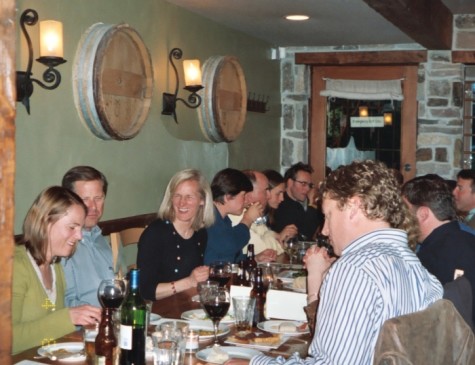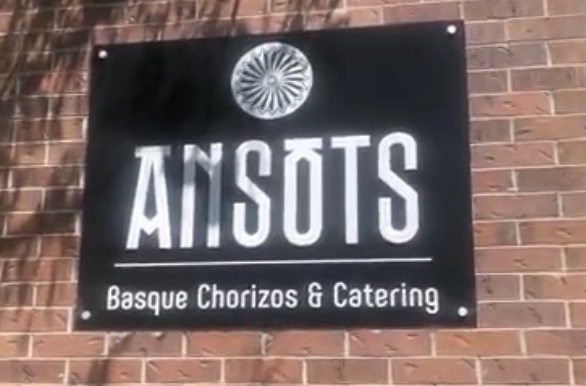Who Are the Basques? From Euskaldunak to World Citizens
The Basques are a People Once Defined by Their Language
September 3, 2022
Euskal Herria — the land of the Basque language — has mostly been inhabited by a people who have traditionally called themselves Euskaldunak or speakers of Euskara — the Basque language. They have been living there before, much before, the written record. This ancient territory became known and recognized by the rest of the world as the Basque Country. Its people are currently identified as Basques.
Today’s Basque region lies within Spain and France, two European countries of great political, linguistic, and cultural power. In the past (and to a certain degree in the present), these two countries have not been too kind to the Basques, their mother language, and their culture. In fact, they have prohibited them for considerable periods of time. Despite this oppression, the Basque people have been able to develop a very distinctive identity and culture – with well-documented traditions, colorful folklore, and internationally acclaimed cuisine — compared to those of their neighbors.
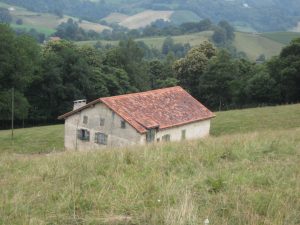
Many Basque traditions reflect their history based in farming, shipbuilding and fishing. They are a people known for their hard work. And for their strong allegiance to the Catholic religion. Read more about the Basques in Mark Kurlansky’s book, “Basque History of the World” from Amazon.
Among some of the oldest and unique Basque traditions that still have a deep meaning in today’s society, we have, for instance, dances from the towns of Lesaka and Lekeitio. On July 7, the feast day of San Fermin, they perform the “zubigainekoa” dance, which symbolizes the 15th century peace agreement signed between two of its neighborhoods. In the coastal town of Lekeitio, Bizkaia, on July 29, a local dancer performs the “kaxarranka” dance on a casket in honor of St. Peter. The ceremony dates back to the 15th century.
In his 1955 documentary, “The Land of the Basques,” American director Orson Wells said,
“We placed this camera directly on an international border. Over on that side is the ancient kingdom of Navarre and there where the low Pyrenees start ambling down to the sea is France […] The people who live here are neither French nor Spanish, they are Basques, and the Basques are… what Basques are. Well, what is a Basque? All we know for sure is what a Basque is not, besides not being French or Spanish.”
Beyond Wells’ romanticized and essentialist image of the Basques, when asked, a good percentage of the current people in the region still identify as both Basque and Spanish or French, according to recent political surveys. Similarly, many Basques in the global diaspora identify with both their country of origin and their country of residence, as Basque Americans, Basque Argentineans and so on
(Dr. Pedro Oiarzabal heads a research project on the Basque participation in World War II called “Fighting Basques.”)
Nowadays Defined by their Willingness to be Basque
Currently, with nearly three million people, the Basque Country’s population is less defined by the ancient Basque language or its ancestry than by other factors such as the desire to be Basque (i.e., “feeling Basque,” which happens also in the diaspora), simply living and working in the Basque Country, or being born in the region. That’s to say, the primordial characteristics of Basque identity (language and ancestry) are losing weight in comparison to more subjective elements such as feeling Basque. For instance, only about 900,000 people are able to speak Basque in the homeland and about a few thousand more in the dispersed Basque communities throughout the world.
This changing criteria in the definition of “who is Basque” goes hand in hand with the evolving and dynamic composition of contemporary Basque society, which has given birth to a more heterogeneous, multicultural, and multilingual society.
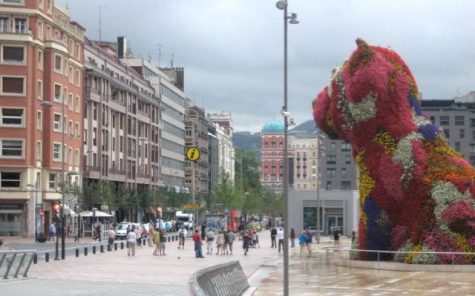
The processes of modernization and industrialization that took place in the Basque region of Spain since the mid-19th century attracted hundreds of thousands of immigrants from all corners of Spain, bringing with them their own traditions, cultures, and worldviews. At the same time, thousands of Basques emigrated to Argentina, Uruguay, or the United States of America, leading to a network of Basque communities that currently expands to over twenty countries worldwide.
READ MORE ARTICLES FROM EUSKAL KAZETA
The Bilbao Effect – The Modernization of an Industrial City
Learning Basque: Becoming an Euskaldun Berri
In addition, as of today over 10% of the population in the Basque region of Spain have foreign nationality. It is an immigration that is characterized by its great geographic, cultural, religious, linguistic, and ethnic diversity. Those foreigners represent more than 110 nationalities, speak over 60 languages, and have established over 200 places of religious worship, quite distinct to the Roman Catholic tradition predominant in the Basque society.
The Basque region is a diaspora of diasporas in itself; a country made up of emigrants and immigrants, world citizens who are constructing an extensive and dense network of transnational interconnections. The current Basque people live immersed in a multiplicity of complex socio-economic realities, cultural heritages, political traditions, and identity loyalties.
So, if you ask me, Basques are much more than their traditional identity. A people embracing the world, constantly reinventing themselves, while keeping their traditions and ancestral language alive and adjusting them to changes in society. How would the children of Asian, African, and Latin American emigrants, born in the Basque Country, define Basqueness in a near future? If you ask them, “who are the Basques?” what would be their answer? What would be your answer?

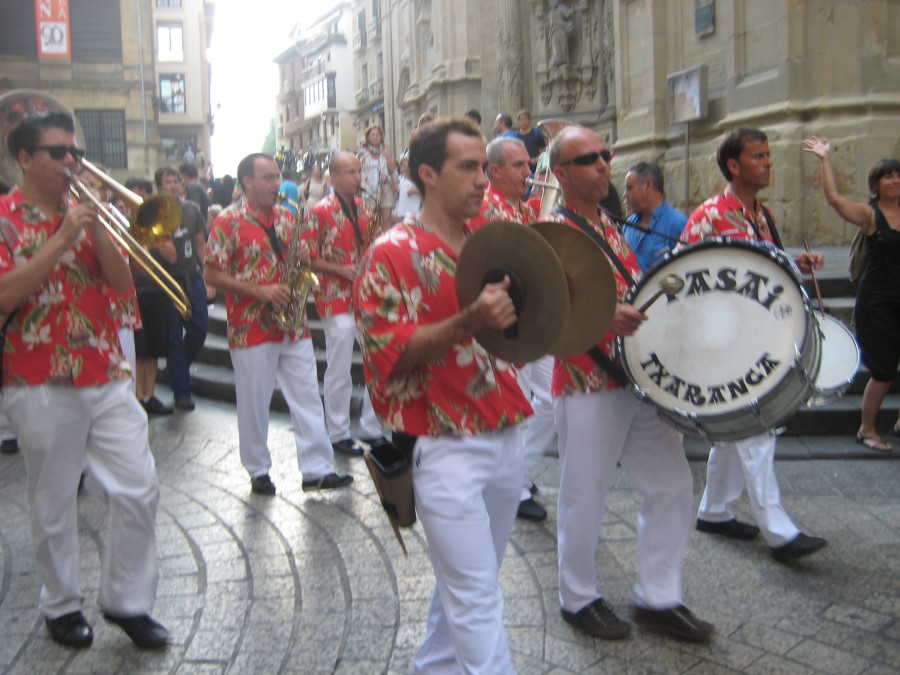
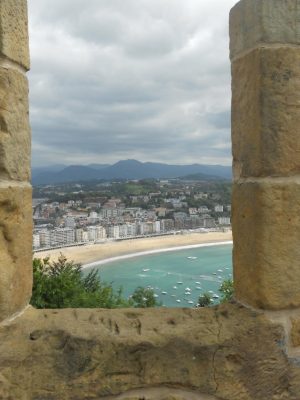
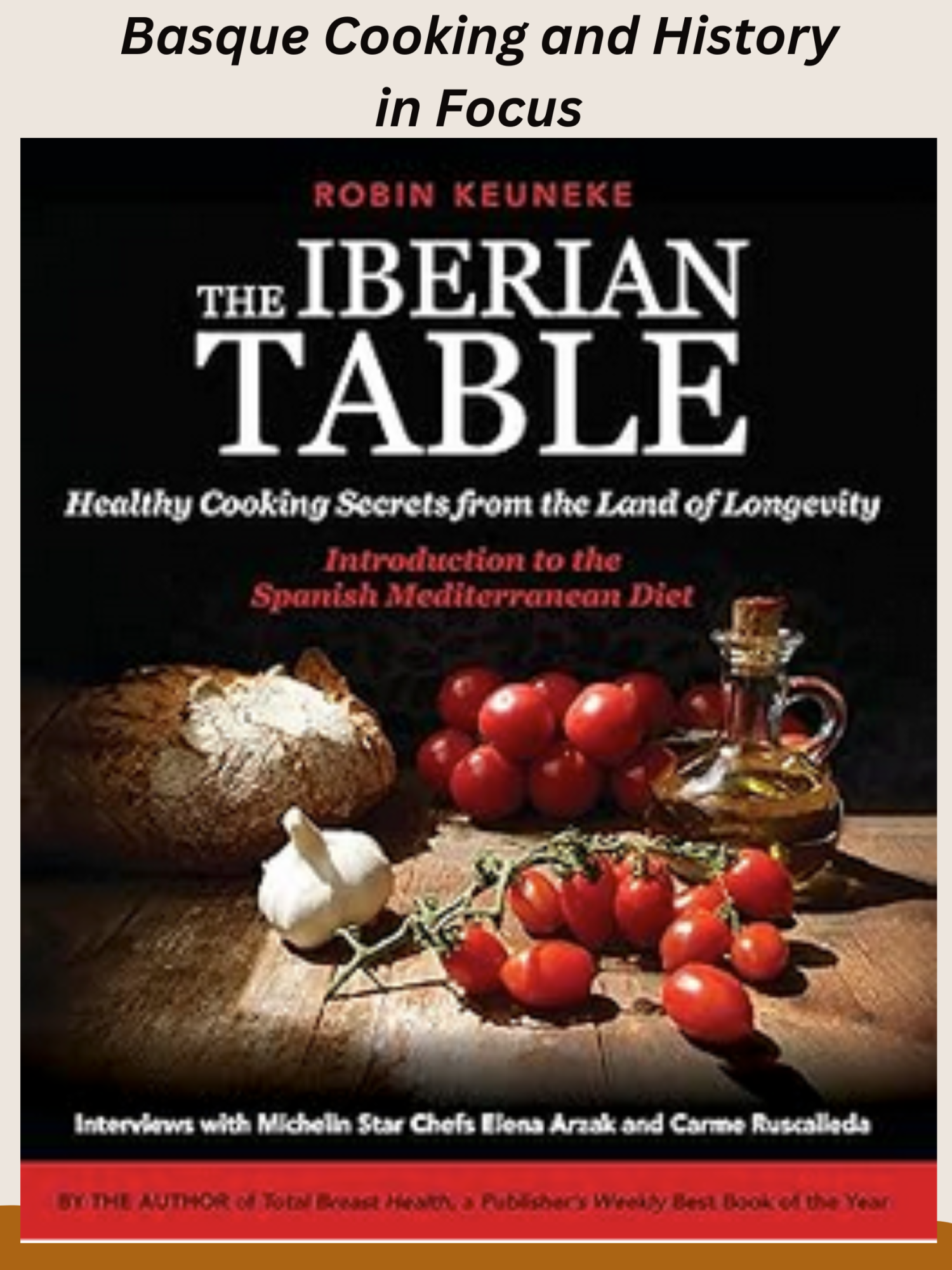
 Donate
Donate
